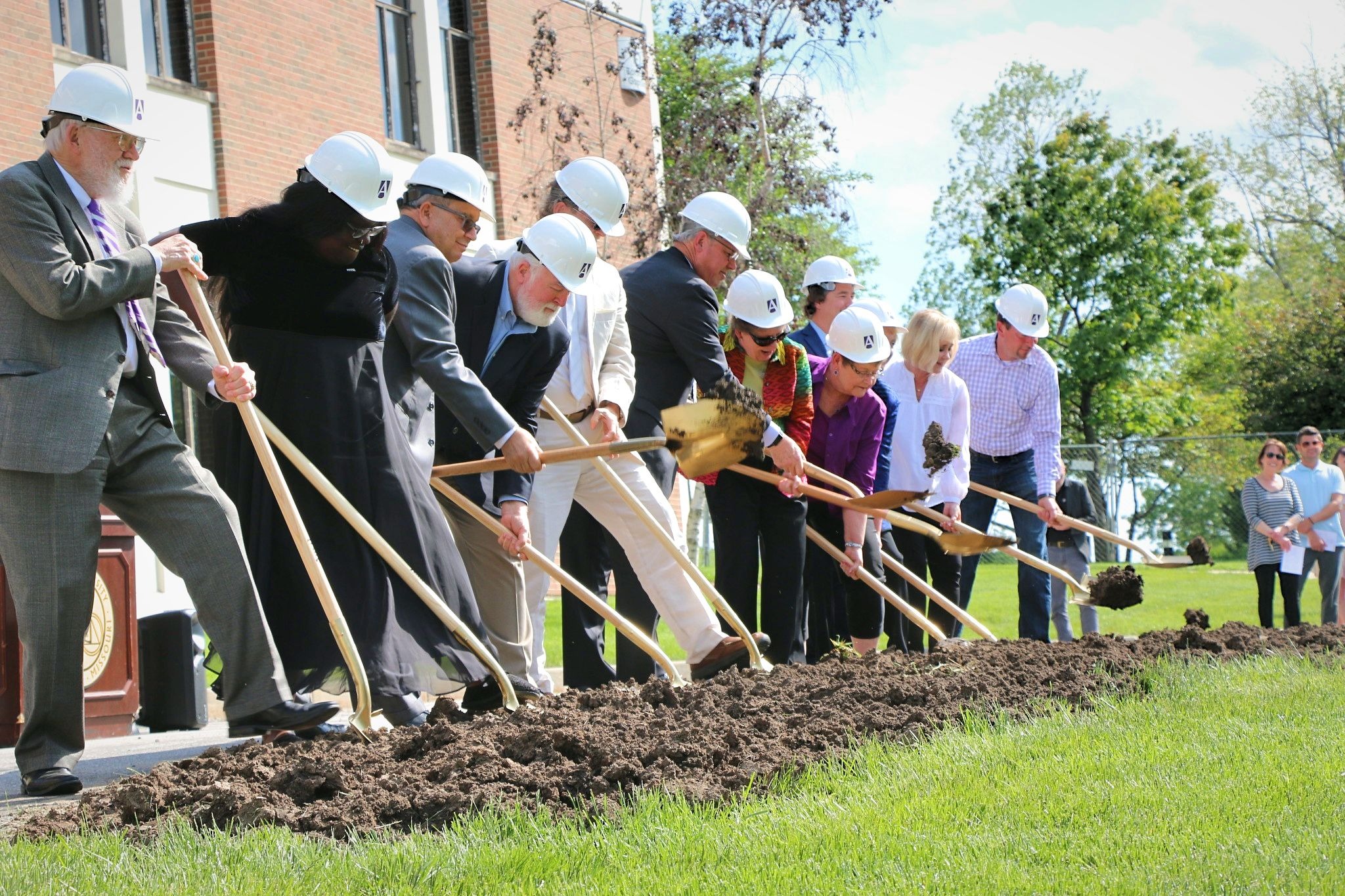The Beta Beta Beta Research Foundation, the national biology honors society, recently awarded Avila University senior Danielle Rehor with a research grant to aid her study of the regeneration of planaria, a type of flatworm.
“We were lucky enough to get a positive response to our proposal for the funding,” Rehor said. “My advisor recommended I apply for this, whereas at a bigger school I might not have that sort of communication with my professors.”
Rehor, a biochemistry and molecular biology major from Shawnee, Kansas, said the grant funds will go toward purchasing new antibodies that will help researchers better isolate which cells proliferate and grow during regeneration. Her project specifically analyzes the hedgehog signaling pathway, a pathway by which information is transmitted to embryonic cells that will determine what form those cells will take. The preliminary results of the research hold promising possibilities for human application.
“Our research looks at a specific pathway—the hedgehog signaling pathway—in the flatworm to better understand the role certain components play in regeneration,” she said. “The pathway has similar components in humans, so the research can aid in better understanding developmental disorders and diseases, as well as cancers.”
An advisee of Katie Burgess, Ph.D., assistant professor of biology, Rehor said she plans to apply to medical school after a gap year. While she hasn’t identified exactly what field she wants to pursue, she is tentatively interested in primary care or immunology.
“The persistence Danielle has shown in her research will be an excellent attribute as a medical student and doctor,” Burgess said. “In all research, particularly that with living organisms, experimental protocols are finicky. She has dealt with some planarian health issues by researching their best care conditions and bringing those suggestions back to our research lab.”

